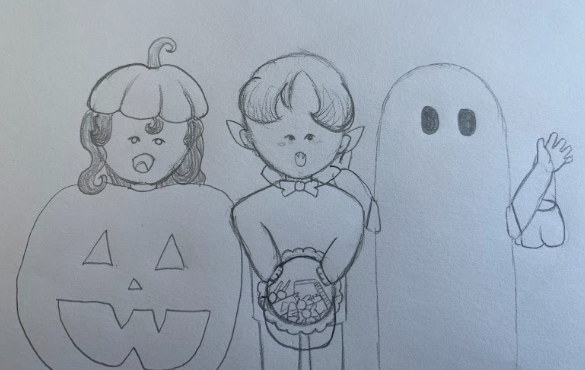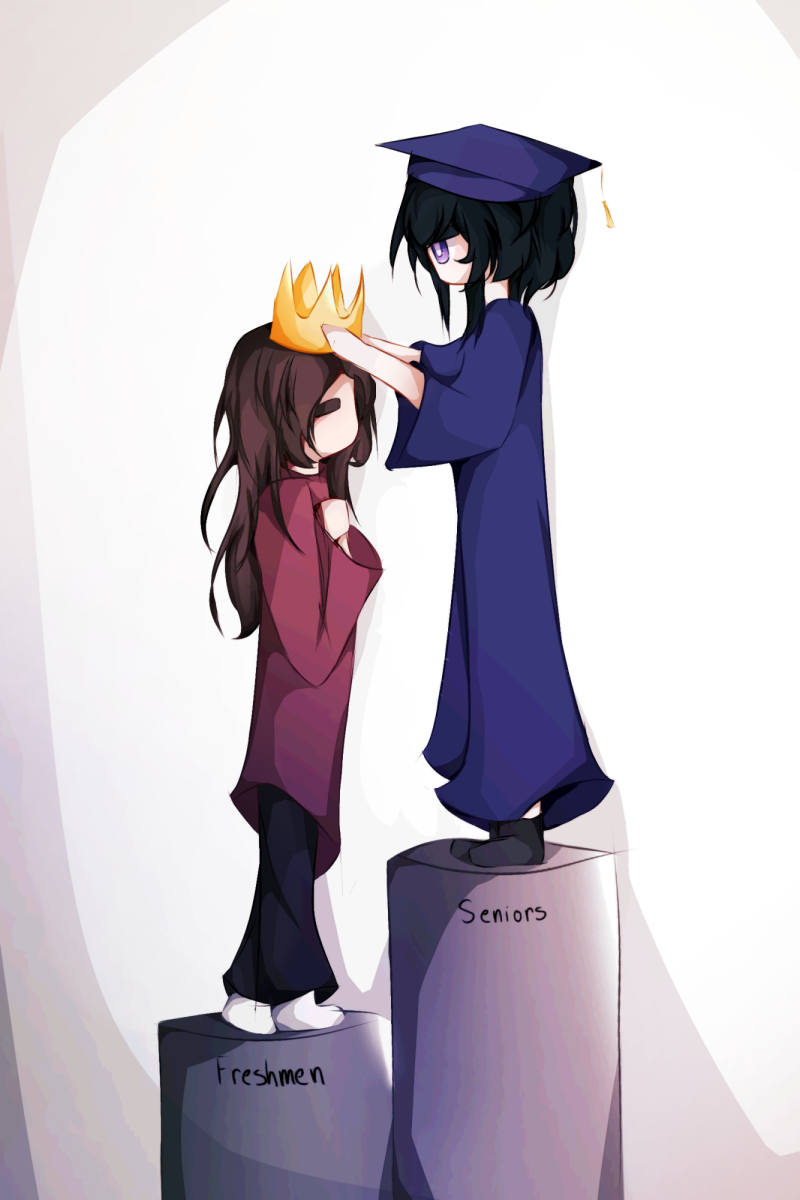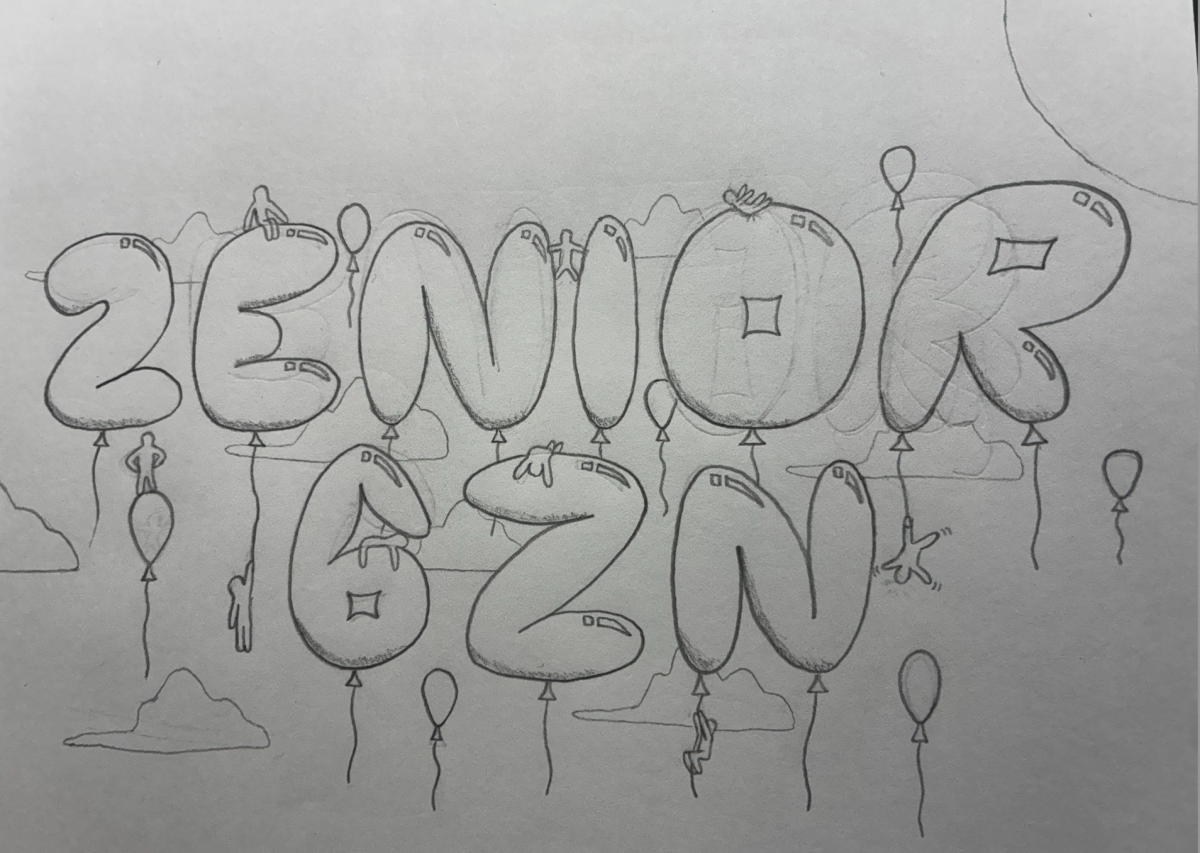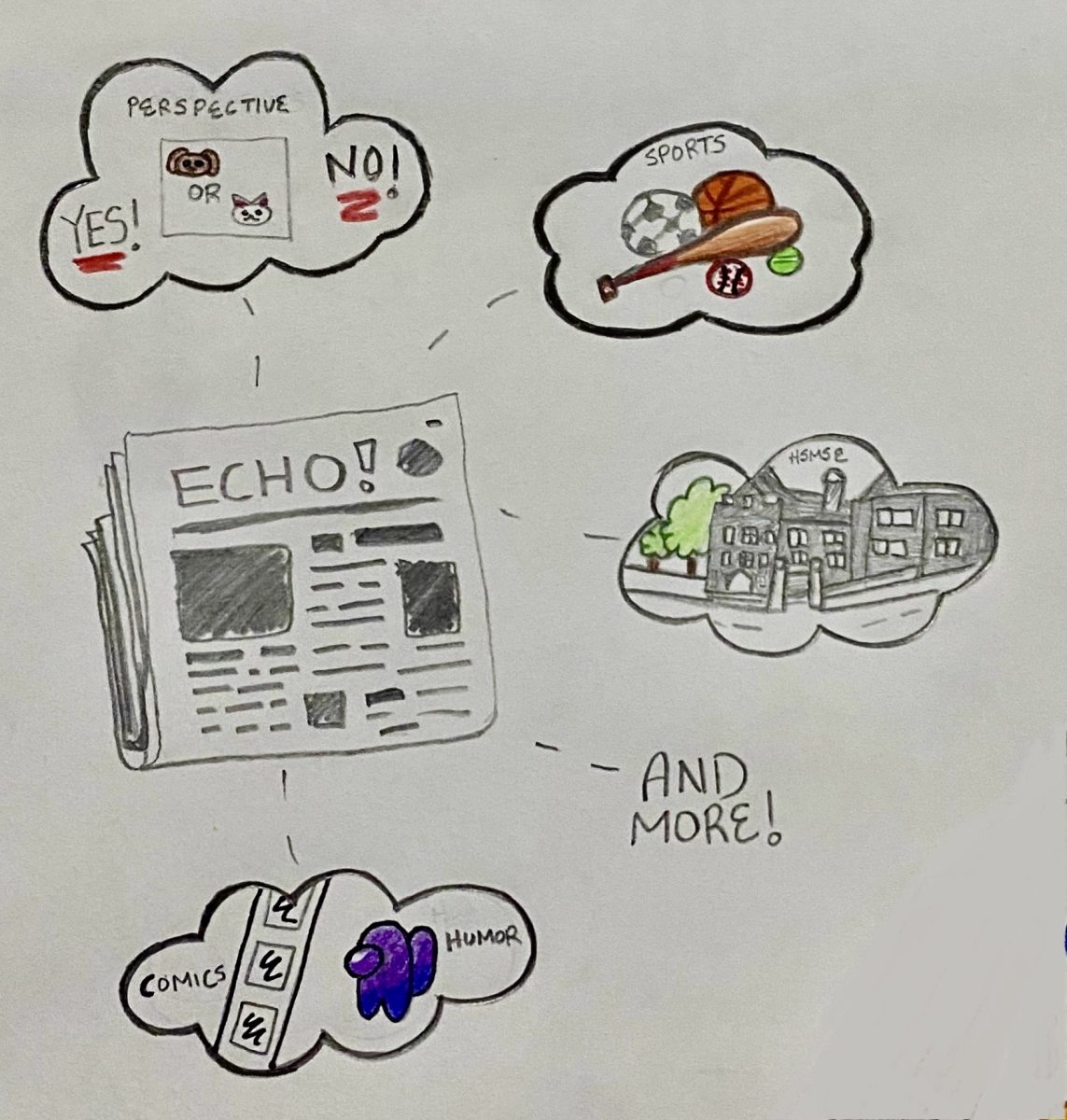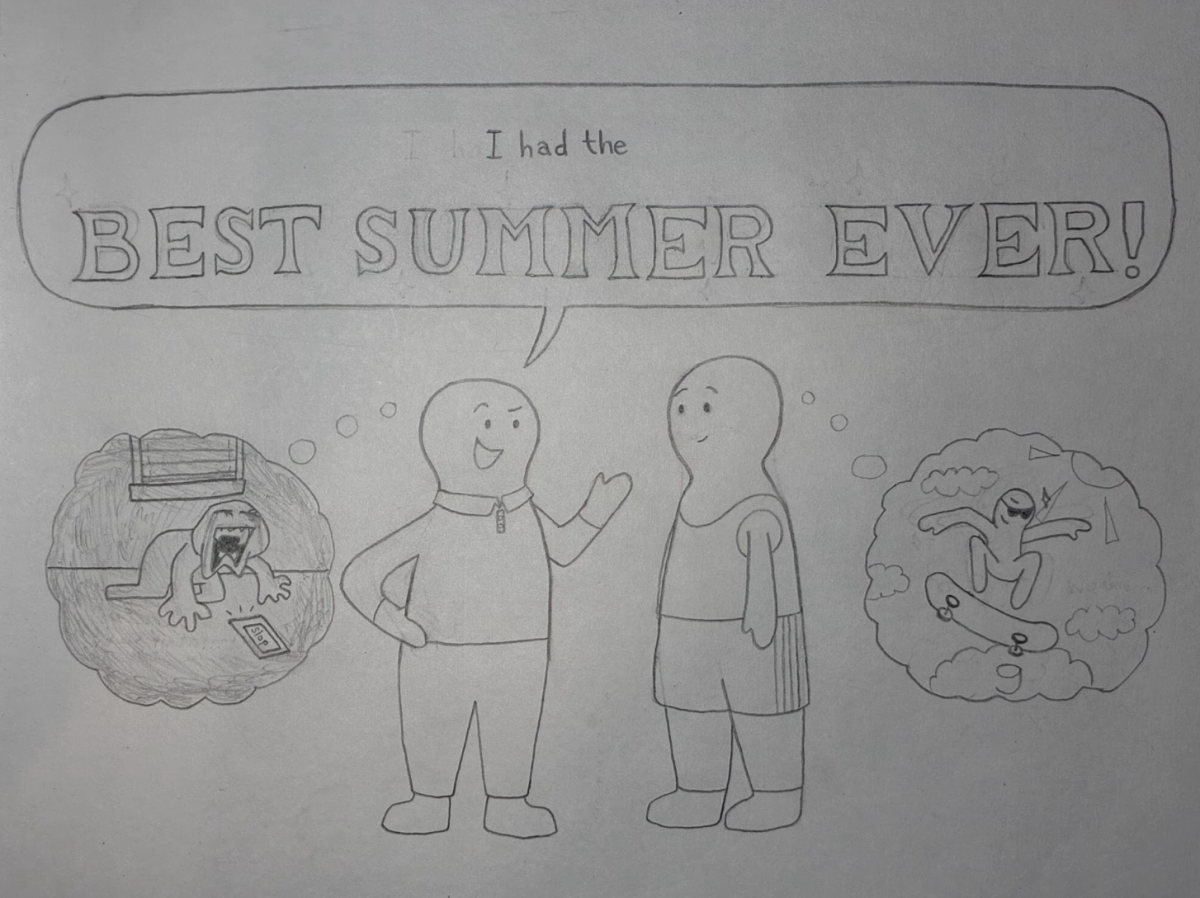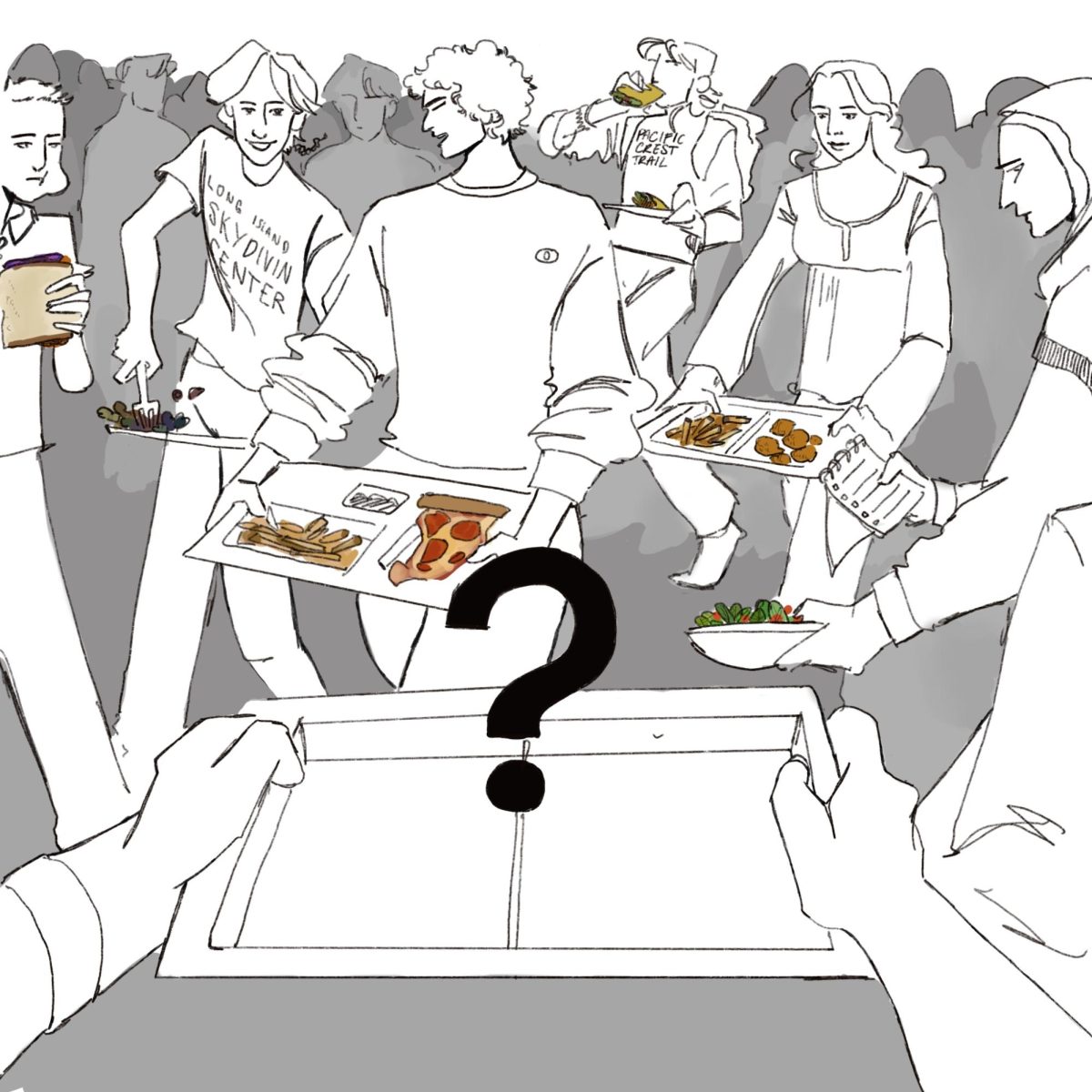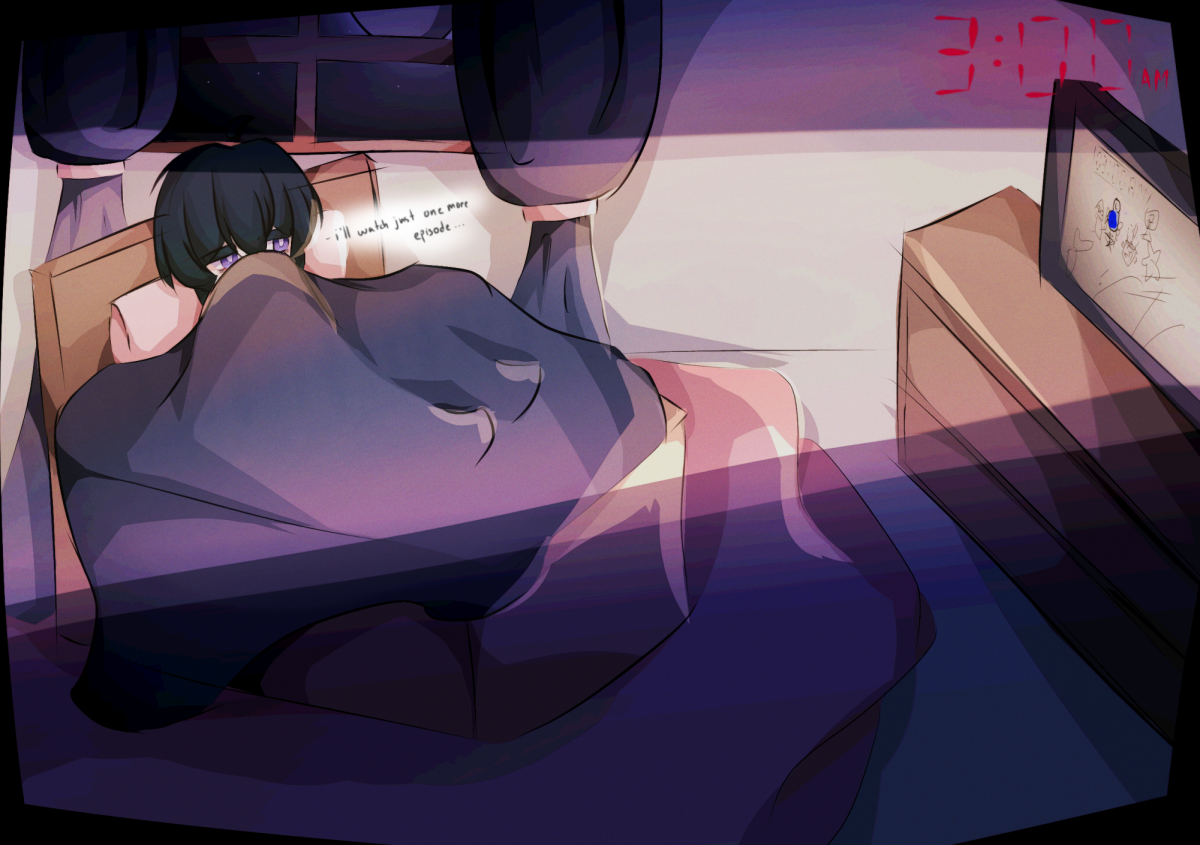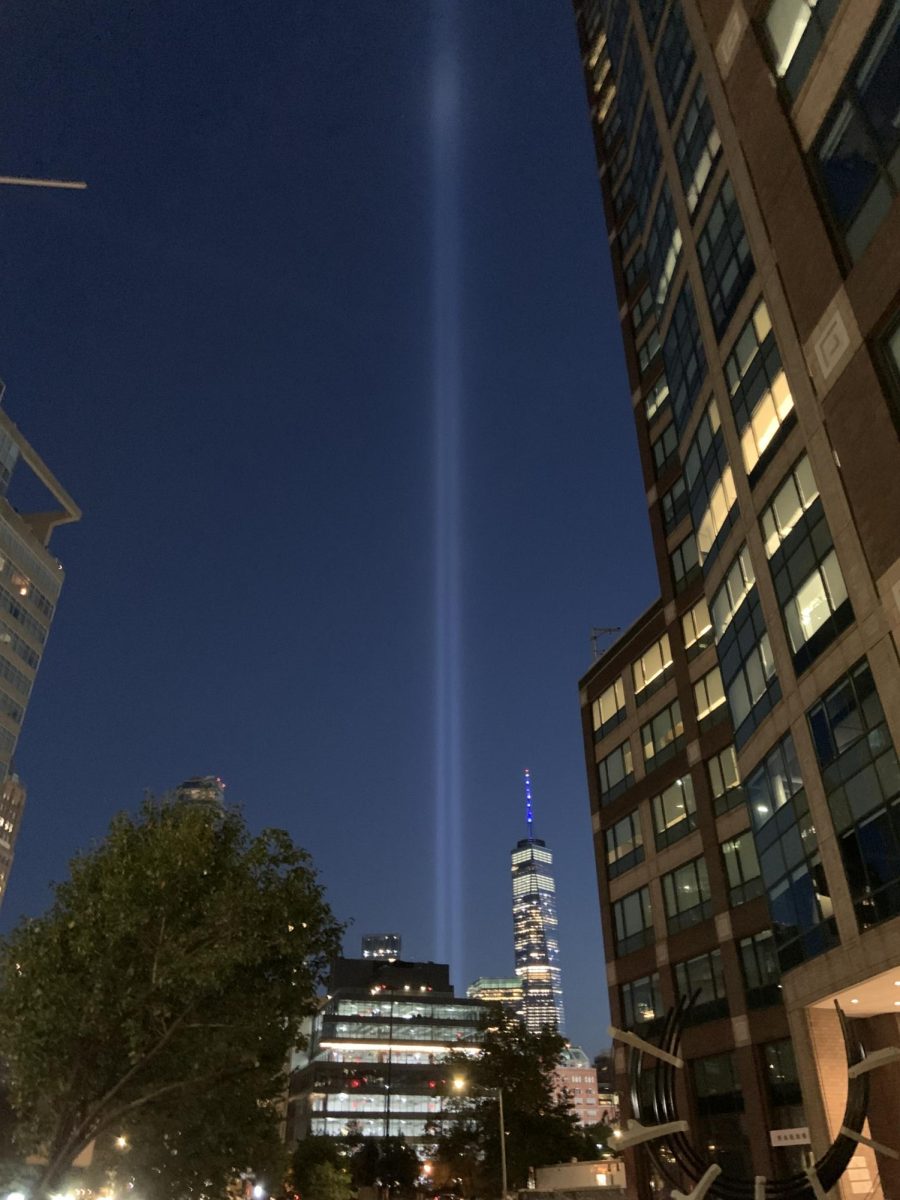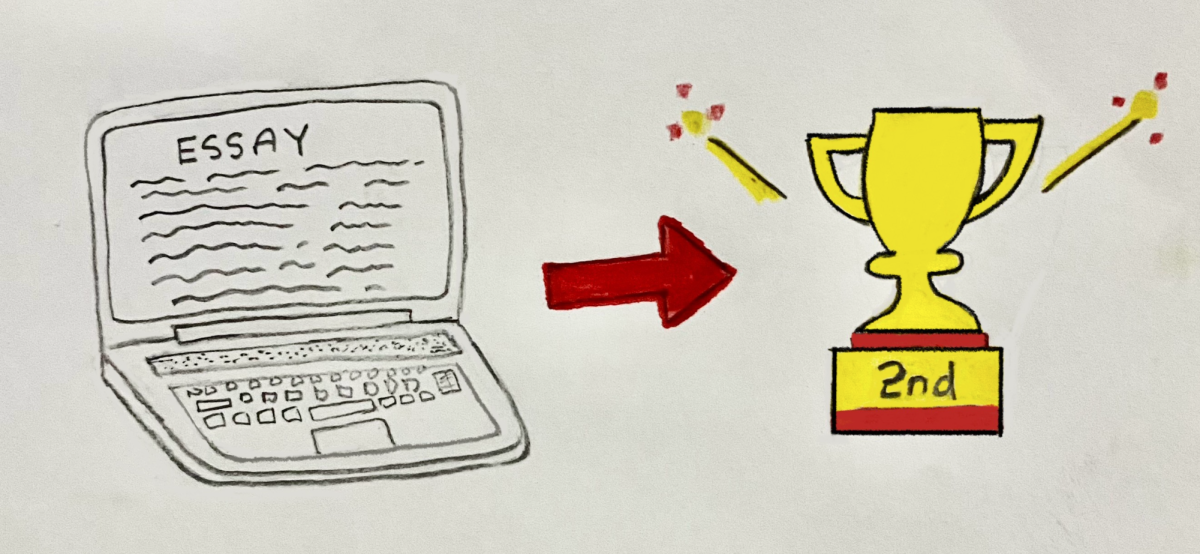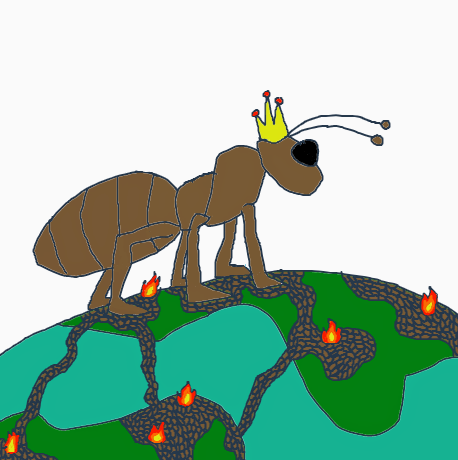On September 19, 2022, the scientific journal PNAS (The Proceedings of the National Academy of Sciences of the United States of America) announced a new estimate for the number of ants in the world: 20 quadrillion. But in fact, 20 quadrillion is a conservative estimate. The actual number of ants could be an entire multitude higher. With numbers so large, it’s maybe time for humans to start paying attention to our smaller but more numerous neighbors.
Ants are eusocial insects which means despite their low intelligence individually, ants are genius team players. In ant colonies, ants are able to organize complex and astounding teamwork by creating paths through complicated terrain and coordinating foraging patterns. However, their remarkable teamwork in constructing large projects is assisted by their remarkable (and unassuming) strength, as many of them can safely carry up to 50 times their weight. A common American field ant can withstand over 5000 times its body weight before rupturing its neck. With the average ant’s weight being 5 mg, that would mean that a common American field ant should be able to withstand 25 grams. These incredible statistics beg the question: “Could ants take over the world?” I believe they could.
Assuming that all 20 quadrillion ants are able to fuse together, they could accomplish monstrous feats. This hypothetical fused ant would be able to withstand over 5.51155655 × 1011 tons. That is equal to over 54 million Eiffel towers, 4400 Manhattans, or 3 Mount Everests, to put their strength into perspective. The ant’s strength would therefore be a threat to most species in this hypothetical conquest of the world.
The fused ant’s power wouldn’t be purely physical might. Ants produce formic acid, a chemical aiding in self-defense, which could kill a human as soon as 6 hours after contact. If the average ant is capable of producing 2 mg of formic acid, the fused ant could release over 44 million tons of formic acid. Putting an end to 20 quadrillion ants would be an extremely difficult feat. Collectively, this fused ant has a practically indestructible exoskeleton. Using chemicals and radiation in an attempt to stop this ant would be ineffective as ants have an enormous capacity to withstand radiation since they have slowly built resistance to many toxins commonly used to exterminate them.
Ok, but what if humanity could stop this ant with our own extraordinary teamwork? The powerful weapons and chemicals that we have created could be enough to stop this ant, right? But in reality, it’s not so simple. Humanity’s advanced teamwork would be our only chance at stopping the fused ant’s global conquest. We are vulnerable in ways that ants are not. Despite their large groups, ants are able to work in combined colonies without infighting between worker ants. This is unlike humans, we tend to fight against one another which greatly limits our team working abilities. Our inability to help one another is perhaps our greatest downfall, and the ant’s greatest advantage.
With global tensions present in our current world, it isn’t far-fetched to believe that the ants don’t need to wait long for their chance. The ants would be uncontested in their conquest of the world and, with their massive resistance to radiation, they could live and rule a world after a nuclear exchange.
Humans should be grateful that ants choose to be merciful. They probably realize that ruling a world with a lack of biodiversity would be mundane. Instead, ants choose to live a simple life, gathering food and in this process, aerating soil and dispersing plant seeds – tasks essential to the continuation of all life on Earth. However, with the ant population spiking tremendously in recent years due to climate adaptation, it could only be a matter of time before they decide to abandon their peaceful life and choose instead to rule the world. To visualize the magnitude of ants, imagine yourself in a room with 2.5 million ants and having to fight them. Now imagine if every human had to fight 2.5 million ants and ponder if we would win.
It may seem inevitable that ants will take over the world. However, if we act fast, we might be able to survive. We must learn from their teamwork and use it to create a better earth for both species. The ants would likely remain peaceful if we prove that we are as coordinated as they are and as dedicated to giving back to the natural world. If we could even learn a fraction of their teamwork, the new technology and scientific breakthroughs we could accomplish would far eclipse the progress we would have made. This would be a testament to the ant’s remarkable teamwork and we would be nearly unstoppable if we learned to work together like ants do.


